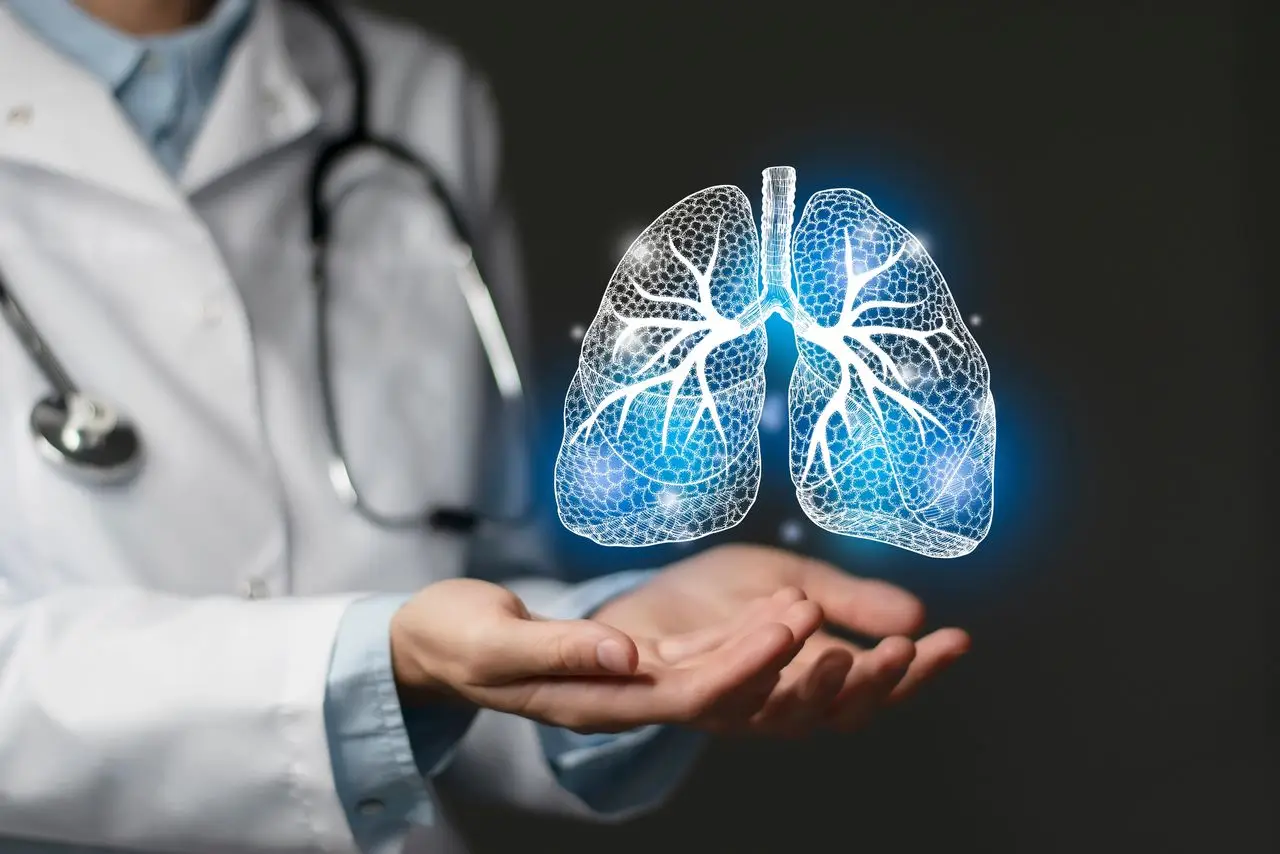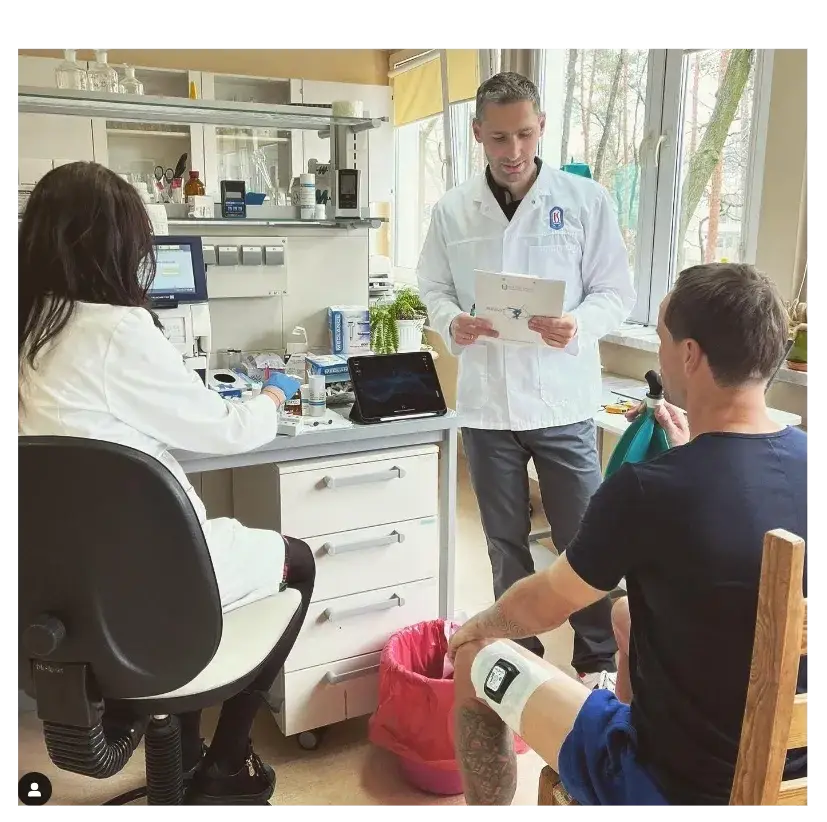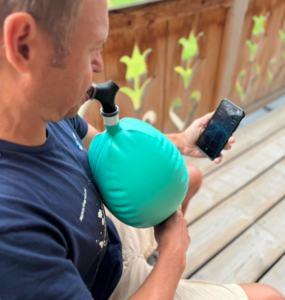
By: Dr Andrew Sellars
A recently published article in the German Journal of Sports Medicine highlights the potential benefits of breath training for patients experiencing lingering symptoms following a Covid-19 infection. This study underscores the power of focused breathing exercises and innovative tools like the Isocapnic BWB device to support post-COVID lung recovery and improve overall respiratory health.
One of the common post-Covid symptoms is persistent shortness of breath, often described as the inability to get enough air during exercise or daily activities. These symptoms can last for months and appear unrelated to the active presence of the virus. Strengthening the diaphragm and intercostal muscles—a key component of diaphragm strengthening—was investigated as a potential solution to improve these symptoms.
The study, conducted by J. Kirsten et al. from Ulm University, examined a small group of patients suffering from post-Covid shortness of breath. Participants were divided into two groups: a control group, which delayed breath training for the first month, and an intervention group, which began Respiratory Muscle Training (RMT) immediately.
The researchers used a standardized questionnaire (SGRQ) to measure changes in symptoms, alongside objective metrics such as breathing parameters and VO2 max during exercise.
The results were promising. Despite the study’s small sample size of 15 patients, those in the RMT intervention group experienced significant improvements in the sensation of shortness of breath and overall subjective health. This progress corresponded to a nearly 10 L/min increase in lung capacity improvement through maximal ventilation. Additionally, a subgroup with low baseline VO2 max values showed notable gains in aerobic capacity after undergoing RMT.
Unsurprisingly, the control group, which did not perform RMT for the first month, reported no improvements in symptoms or performance metrics. This finding further supports the importance of proactive pulmonary rehabilitation for post-infection recovery.
The Role of the Isocapnic BWB in Respiratory Dysfunction Solutions
This German study demonstrates the crossover potential of exercise-based approaches, like RMT, in addressing medical symptoms following infection. While shortness of breath after Covid may result from inflammation or direct lung injury, deconditioning also plays a critical role. Reduced activity levels during illness can weaken respiratory muscles and limit overall recovery. Focusing on respiratory musculature—improving both strength and coordination for sustained ventilation—has already been proven to enhance athletic performance across various sports. It stands to reason that a similar intervention could deliver life-changing benefits to patients with respiratory limitations.

The Isocapnic BWB breath trainer represents an ideal solution for this type of intervention. Unlike traditional devices, the BWB uniquely controls CO2 levels, protecting users from hyperventilation while delivering an effective and safe respiratory workout. This makes it perfectly suited not only for athletes looking to optimize performance but also for patients requiring COPD management, asthma control, or recovery from post-infection symptoms like those seen after Covid.
Functional Breathing Patterns for Lung Health
The Isocapnic BWB device stands out for its ability to restore functional breathing patterns while improving lung capacity and endurance. By incorporating guided breathing exercises and leveraging advanced CO2 control technology, the device helps users retrain their respiratory systems effectively. This leads to stronger diaphragm and intercostal muscles, enabling patients to sustain better ventilation and overcome limitations caused by respiratory dysfunction.
Accessible and Science-Backed Pulmonary Rehabilitation
With the BWB device now licensed as a medical tool in Canada, more patients have access to this innovative solution for pulmonary rehabilitation. By targeting the root causes of respiratory dysfunction and supporting reconditioning, the Isocapnic BWB offers a practical, science-backed path to better breathing, improved VO2 max, and enhanced quality of life. Whether you are an athlete, a patient with asthma, or someone recovering from post-COVID lung challenges, the BWB device is a game-changing tool for improved respiratory health.



